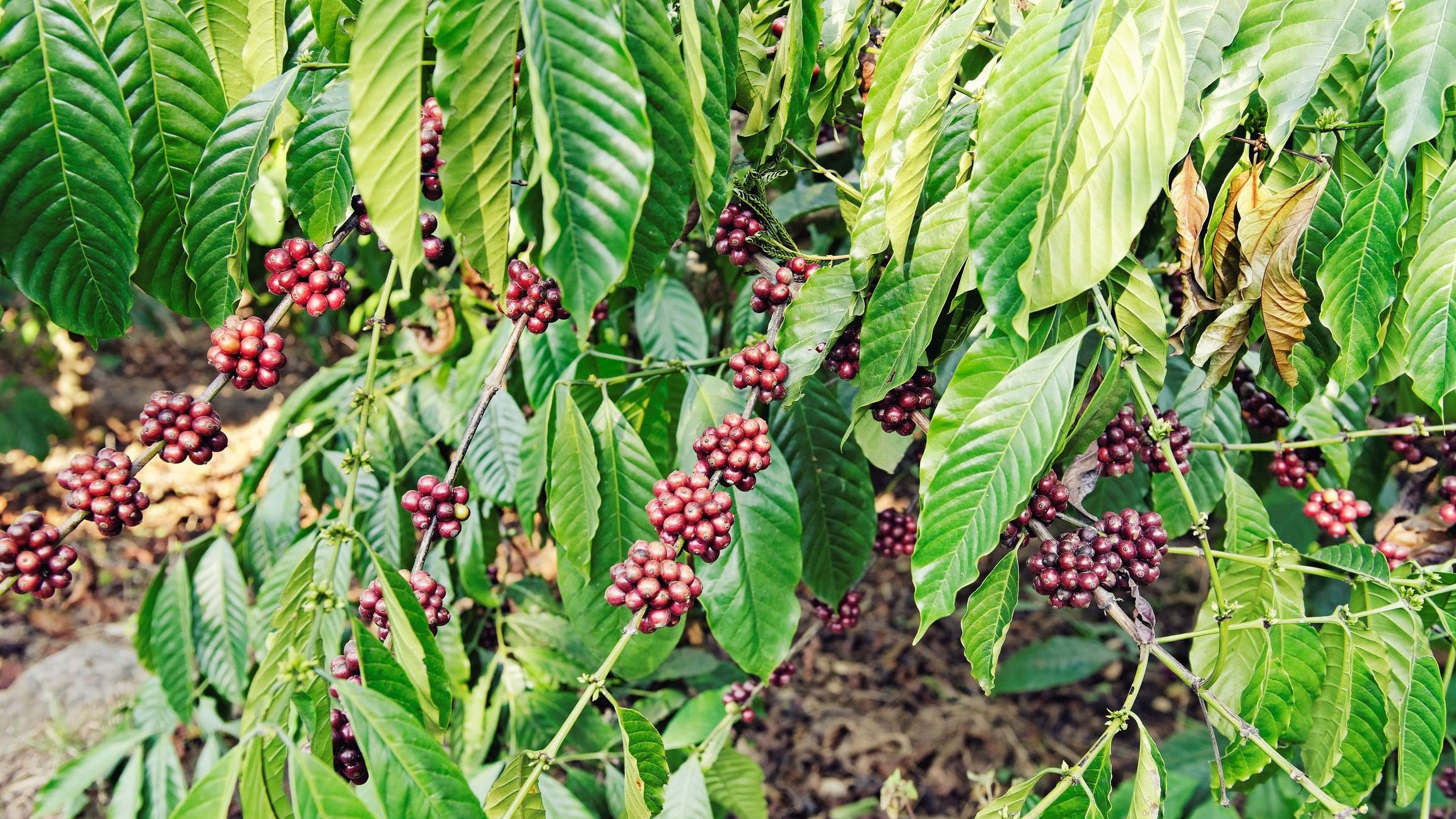
Representative image showing coffee plants
Credit: iStock Photo
Picture small kiosks serving premium, local coffee varieties sourced from estates across Chikkamagaluru, Kodagu and other areas in Karnataka. Each kiosk will be franchised out by the Coffee Board to entrepreneurs across India, bringing us closer to its nearly Rs 2 lakh crore coffee revenue target. “This is one of the plans we have been discussing in implementing our 10-year roadmap to promote coffee,” says M J Dinesh, Chairman of the Coffee Board. He points out that franchising and building up kiosks serves the purposes of employment generation, while also requiring minimal financial investment.
Spaces like the coffee museum in Chikkamagaluru play a key role in educating tourists and coffee growers on history. However, it is conferences and meetings that bring together coffee lovers, growers and enthusiasts that prove effective in innovation and growth. “It was after the World Coffee Conference was held in Bengaluru last year, that we found several young entrepreneurs, aiming to start new brands and coffee-related startups. We are training these youth now,” adds Dinesh. The conference saw a Rs 16-crore investment from the government to promote Indian coffee and featured participation from more than 80 countries.
Training is critical in sustaining this momentum, particularly to encourage more effective methods of branding, processing and sales among growers to keep pace with demand. The Coffee Board is organising courses, which are drawing great interest, with most classes getting booked out. The efforts specifically prioritise the training of young women in coffee growing, processing and quality management.
A recent trend that has been taking the industry by storm will also ensure a steady demand and diverse market for the new entries — the rise of estate-branded coffees. Customers and connoisseurs alike now seek to know the origin of their coffee, as well as more minute details such as the elevation, the flora and fauna in the area, and more. These brands, therefore, connect to the consumer through their marketing and storytelling.
Besides promotion, the Coffee Board is also planning initiatives to support growers in learning, obtaining better yields and improving the quality, and thereby, prices. Labour insurance is a new initiative that has been introduced, which covers risk factors for labourers on estates. This is being supplemented by investments in research and development to develop borer-resistant varieties. “From growing 3.5 lakh tonnes now, our aim is to nearly double production to around 6 lakh tonnes in the next 10 years,” says Dinesh.